Sturdy wildlife photography tripods for camera and lenses of all sizes.
You can’t do without a tripod for wildlife photography if you frequently work in scarcely lit locations and want to get detailed images. Besides, such a tool will come in handy if you need to photograph with long exposure.
If you are professionally engaged in wildlife photography and want to purchase a reliable tripod, you need to gauge your camera first to understand how much load a tripod has to handle. This list contains models with prices varying from $35 to $290.
Height, load capacity, size and weight are key factors to consider when purchasing the best travel tripod for shooting nature and landscapes. You also need to check its stability. Besides, the cost of this equipment is no less important.
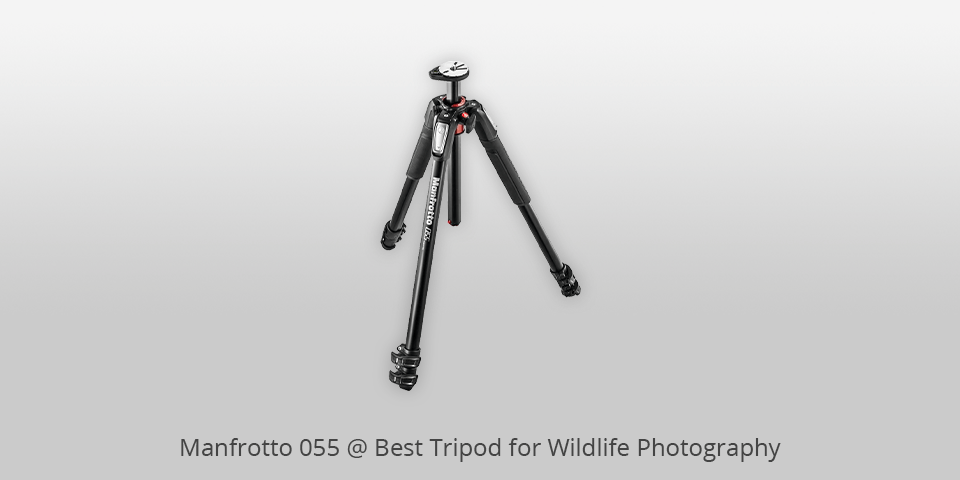
Material: Aluminum | Max height: 67” | Max payload: 20 pounds | Weight: 5.50 lbs
This Manfrotto tripod stands out from the crowd with its Quick Power Levers design and powerful locking mechanisms in every section. It guarantees better stabilization than regular lever designs even when shooting conditions are far from perfect.
This wildlife tripod is fitted with a link connector on the top, so you can easily connect photo and video accessories for efficient shooting. For instance, you can attach an arm with a LED light or a reflector and get the most out of the wildlife scene.
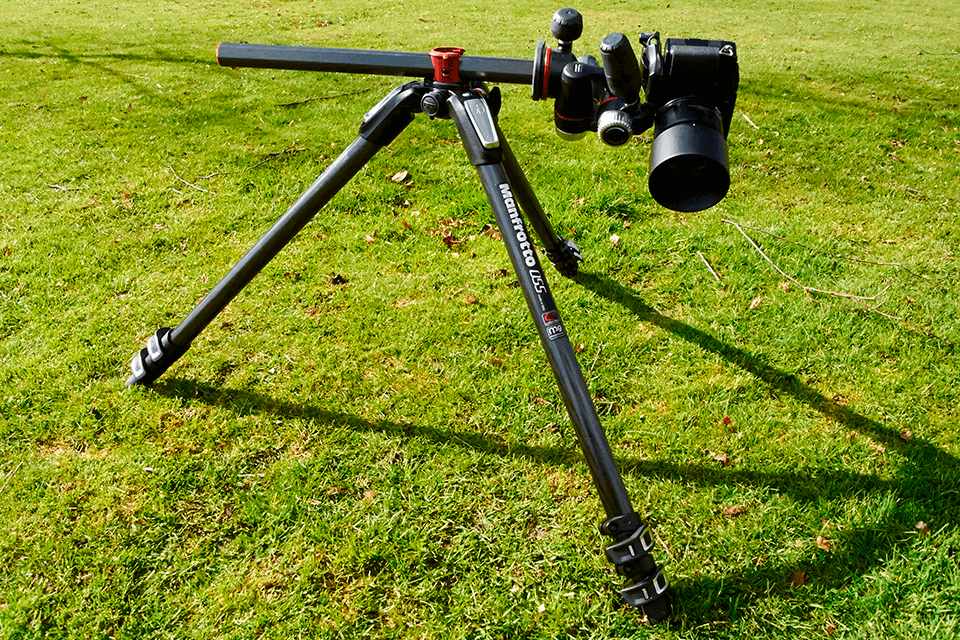
Wildlife photographers and videographers, who want to enjoy flexibility during work, will definitely like this tripod. It has a 90-degree central column mechanism, which you can extend both in vertical and horizontal planes in a matter of seconds.
Thus, you can photograph animals and greenery at the most intricate angles without problems.
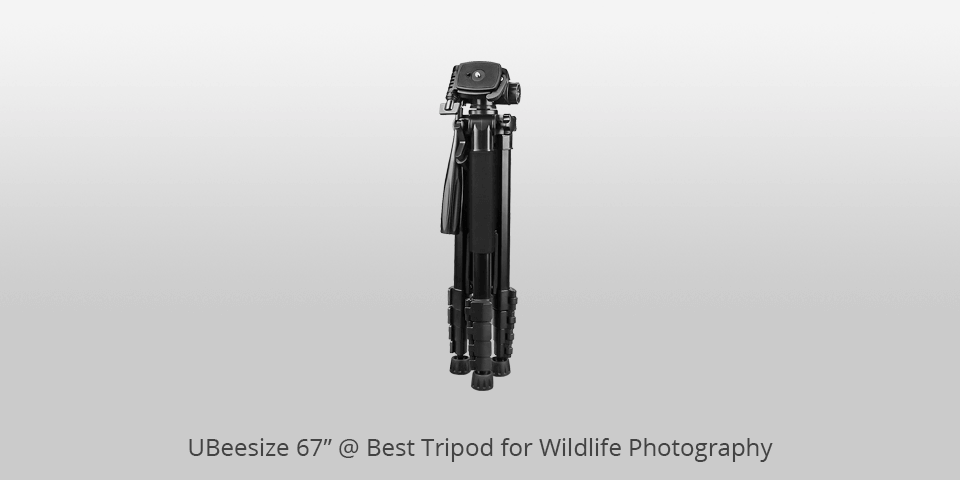
Material: Aluminum | Max height: 67.3” | Max payload: 11 pounds | Weight: 3.1 pounds
Switching from Landscape Mode to Portrait Mode, Low Angle Shot, or High Angle Shot is a no-brainer task with UBeesize 67”. Any photographer can take images of flora and fauna representatives from different angles without detaching a camera from a tripod.
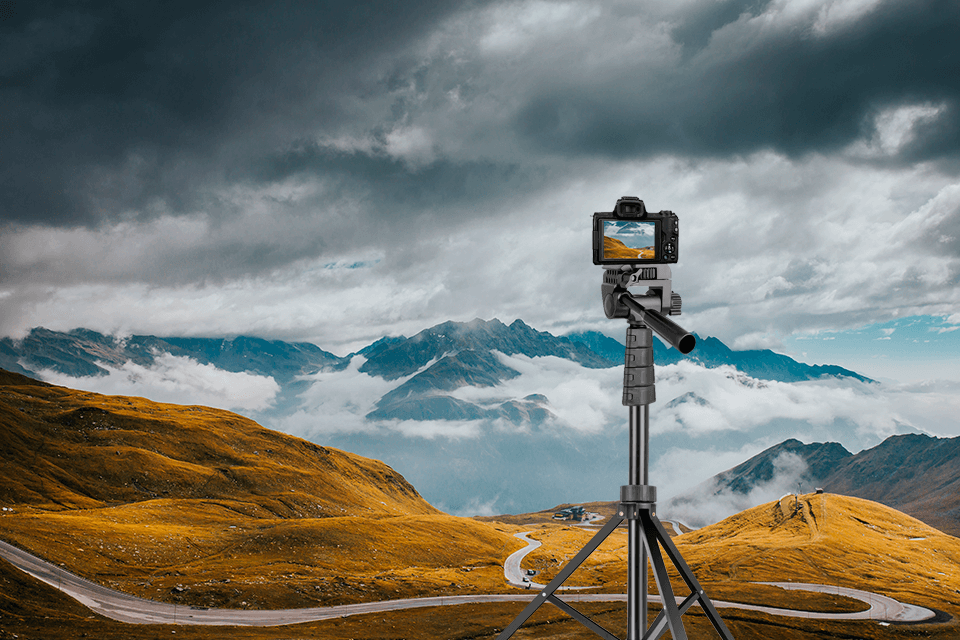
The biggest advantage of this tripod for landscape photography is its compatibility with all popular cameras and mobile phones alike.
It is equipped with a 360° rotating phone holder, that can be extended from 58mm (2.3 inches) to 115mm(4.5 inches). Such a range is sufficient for most smartphones.
Another handy feature of this wildlife photography tripod is a wireless remote. Thus, you can initiate shooting via your mobile and take photos/video from 30ft/10m away.
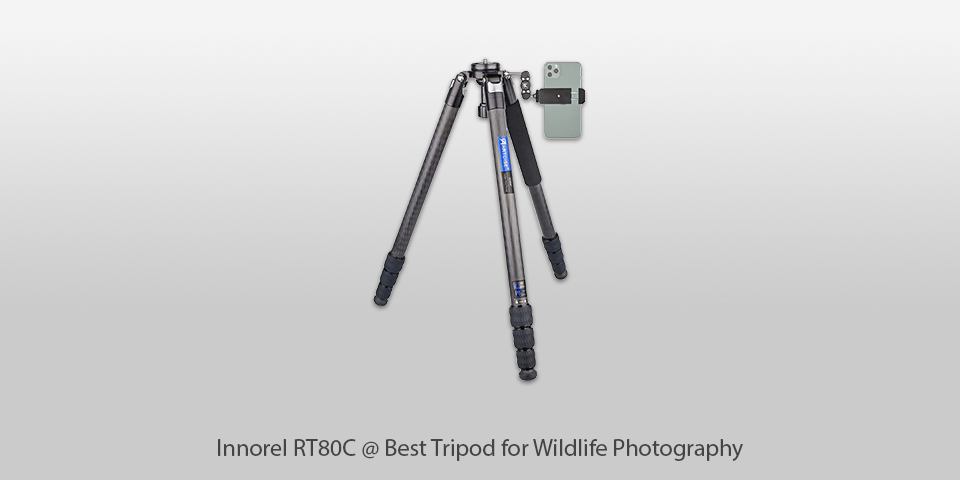
Material: Carbon Fiber | Max height: 63.8” | Max payload: 44 pounds | Weight: 3.3 pounds
This carbon fiber tripod can be used for taking wildlife photos as it has a three-level angle adjustment system. The leg tube has four sections and a screw knob.
As a result, this tripod for wildlife photography is very compact, easy to use, and stable. Thanks to interchangeable stainless-steel spiked feet and screw-in rubber feet you can put it on any surface, including snow and wet ground.
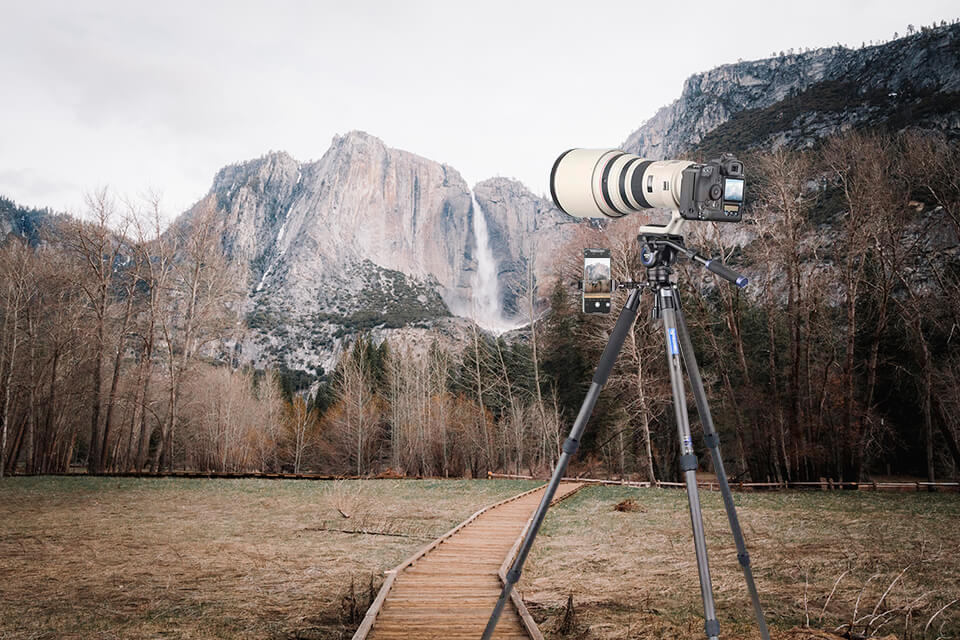
The manufacturer provides a five-year warranty. Anyway, considering its high-end carbon fiber construction and CNC technology, Innorel RT80C is bound to serve you for many years in a row.
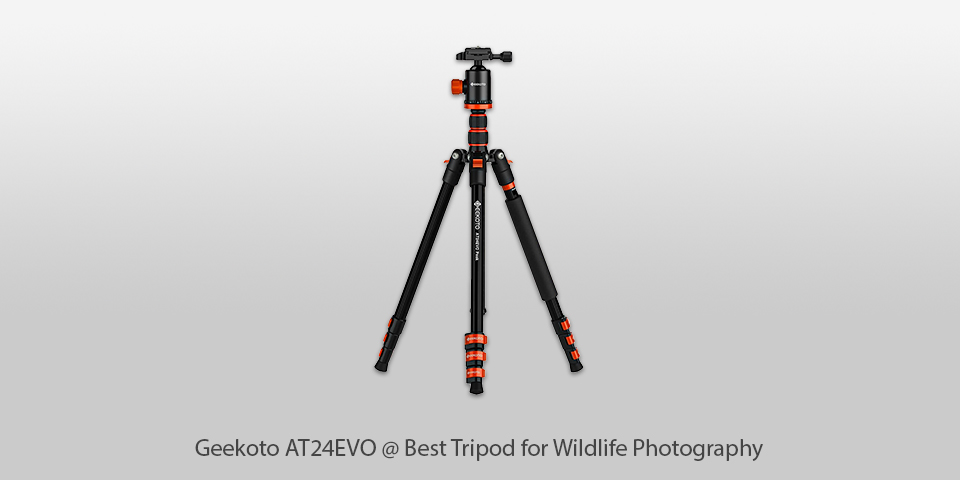
Material: Aluminum | Max height: 82” | Max payload: 17.6 pounds | Weight: 3.7 pounds
Column legs have 4 sections and quick-release flip-locks. This system is very convenient especially if you want to take several images of birds and then immediately switch to another shooting scenario. This design provides quick adjustment of the working height between 23" and 77".
The flip locks are very durable as they are made of aluminum.
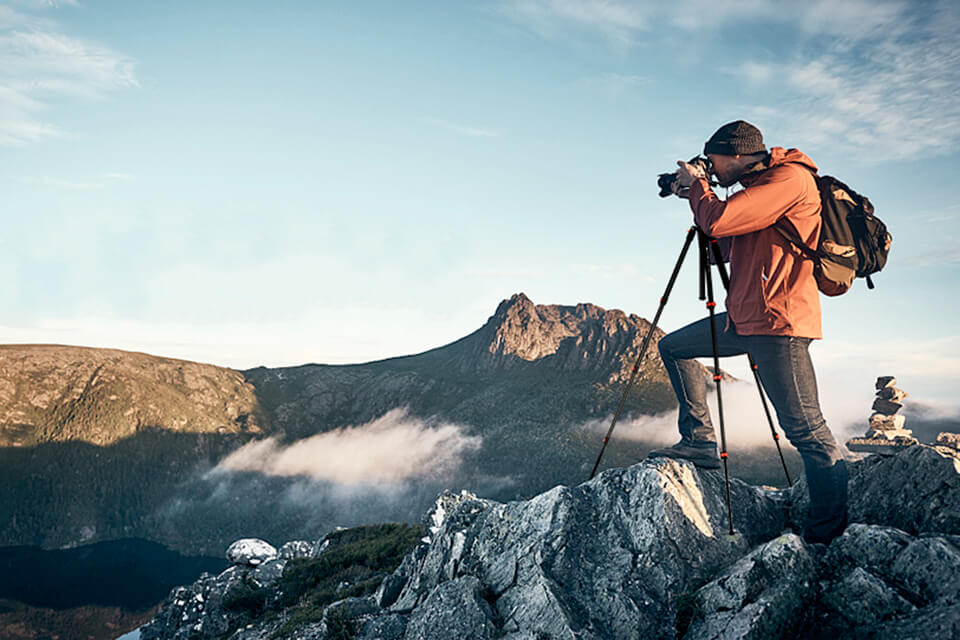
You can rotate the ball head 360 degrees to get the angles you want. With an accurate 360° scale, you can position the camera in the best possible way to get perfect bird photography.
Moreover, you can transform a tripod into a monopod in just a few simple steps using a central axis screw.
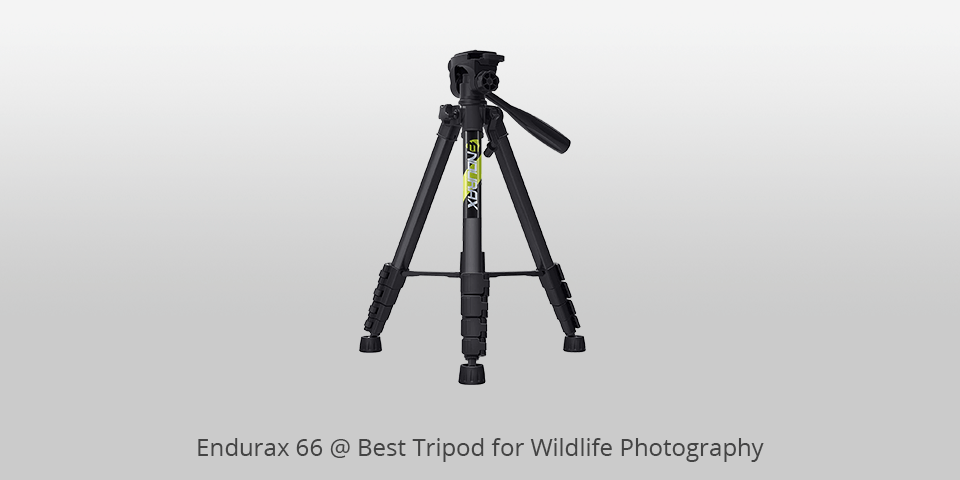
Material: Aluminum | Max height: 66” | Max payload: 11 pounds | Weight: 3.3 pounds
The Endurax 66 can be called the best tripod for wildlife photography due to its ease of installation and stability. It is 18 inches long when folded, so you can easily fit it into a backpack or any bag.
The legs of this DSLR tripod are structured in 5 sections. This design provides incredible flexibility when adjusting the working height. 1/4" quick-release plates allow you to attach a variety of cameras such as Sony, Nikon, and Canon to it.
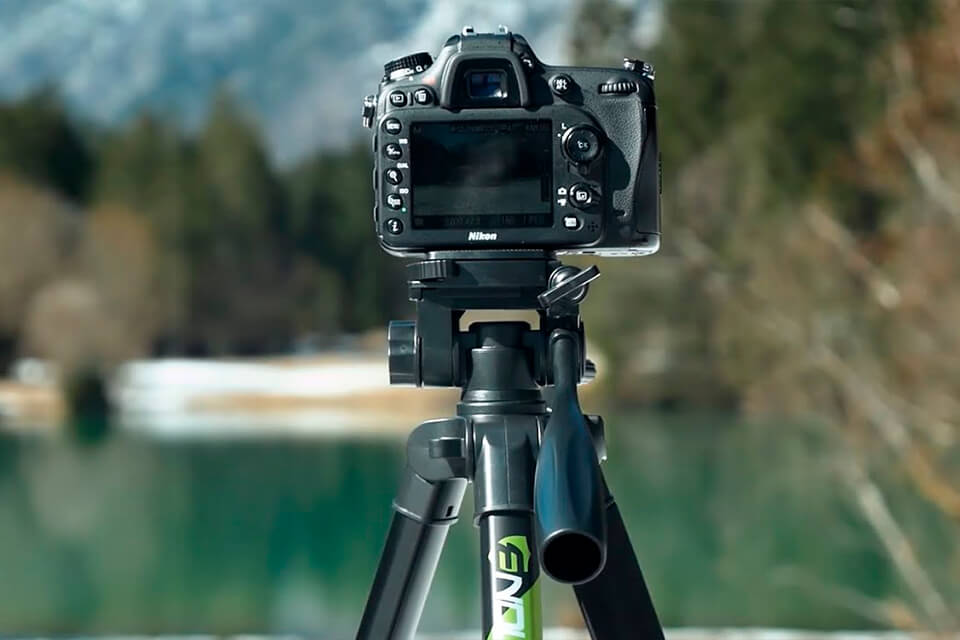
You can also adjust the vertical angle, tilt, and rotate 360 degrees to get the winning shooting angle. Besides, it has a phone holder for taking selfies, YouTube streaming, and other similar activities.
The Endurax tripod is made of robust aluminum. It has non-slip rubber feet allowing you to securely mount the tripod on virtually any surface.
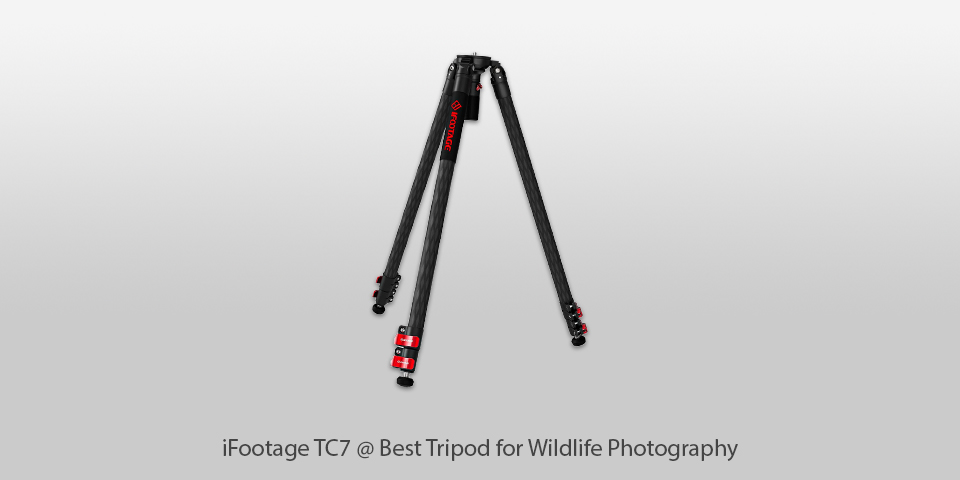
Material: Carbon Fiber | Max height: 61” | Max payload: 19.8 pounds | Weight: 4.1 pounds
If you are interested in scope tripods for birding or wildlife shots, then the iFootage TC7 is a great option to consider. It has a removable stability platform for better performance.
It works great in windy conditions thanks to the built-in screws for hanging extra weights. This can be a good tripod for astrophotography with the mid-level spreader hook for better stability.
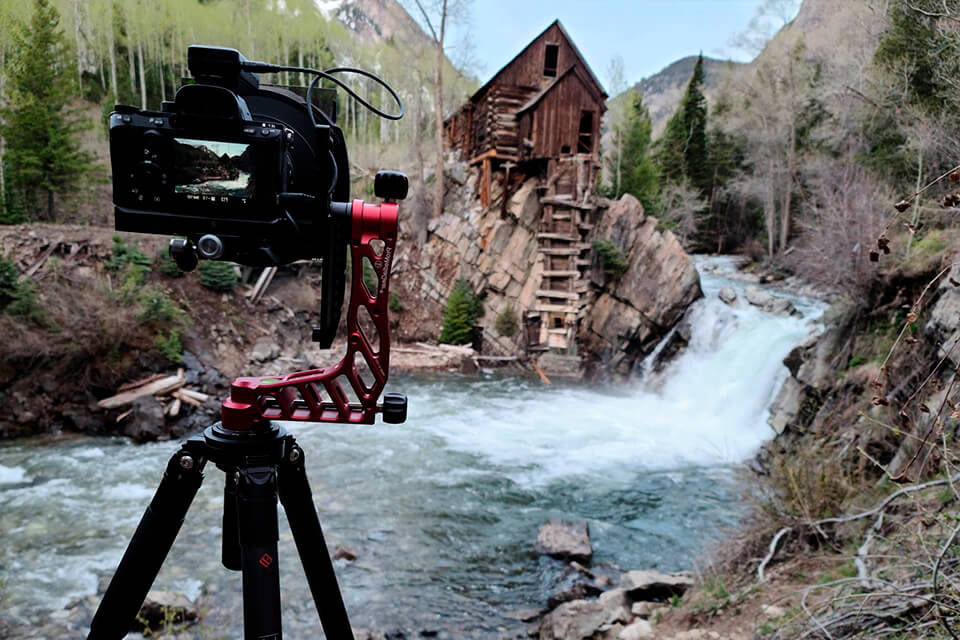
The T-Series tripods have an ergonomic and simple design. Working height ranges from 17.78 to 61 inches and can be adjusted in an instant.
The leg spread can reach 77 degrees. Thus, you can take photos at a height of 7 inches, which is a rare case with similar tripods.
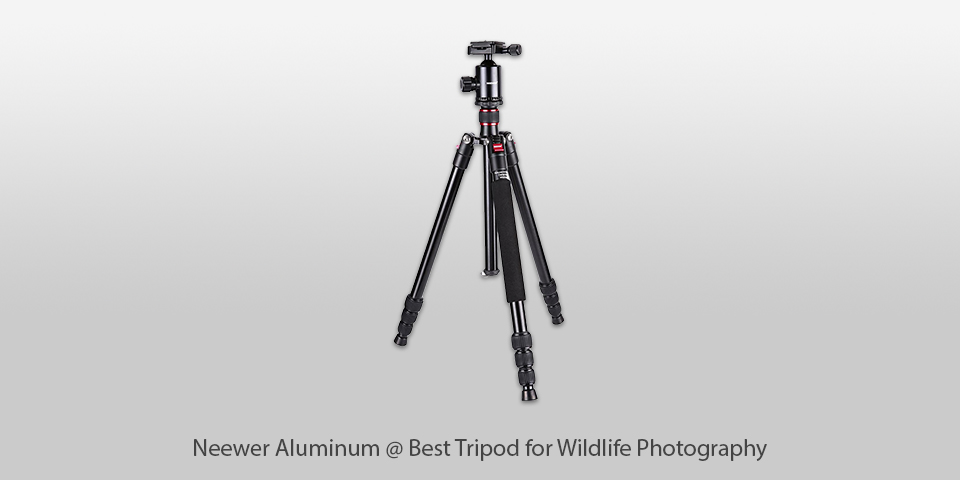
Material: Aluminum | Max height: 70” | Max payload: 8.8 pounds | Weight: 4.45 pounds
This tripod for wildlife photography can be easily converted into a monopod and alpenstock. Using it, you can organize a convenient shooting process at mountain peaks, in forests, and at other locations.
The body of the tripod is metal. There is a head part designed for attaching a camera. This tripod for heavy lenses can securely support your bulky devices without causing any movement.
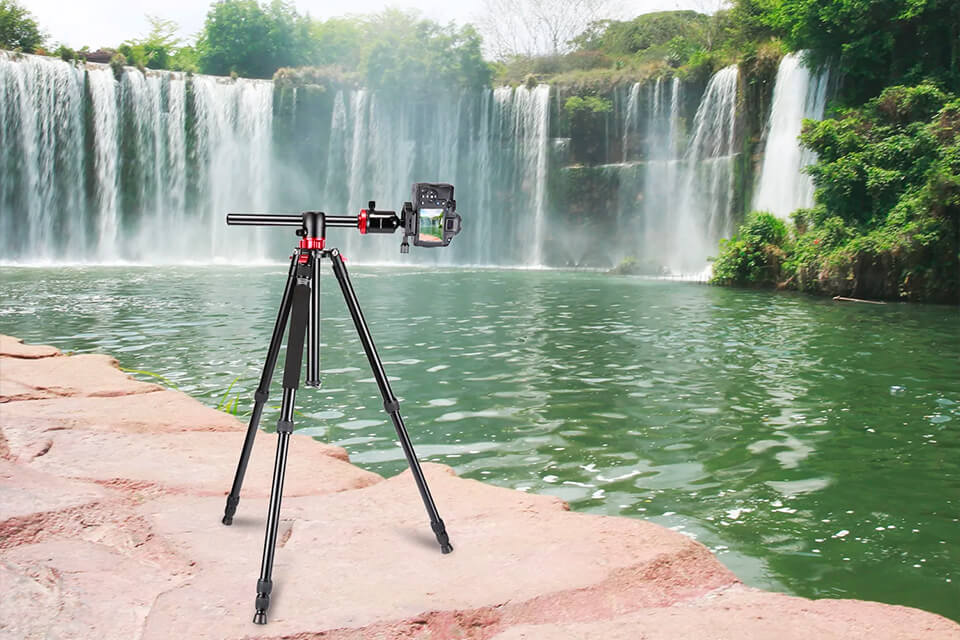
For additional stability, you can add the sandbag to the central column. Thanks to its anti-slip feet, this tripod for bird photoshoots stands securely on all surfaces. The 360-degree swivel ball head has a bubble level and allows you to capture panoramic views.
| IMAGE | NAME | FEATURES | |
|---|---|---|---|

|
Manfrotto 055
OUR CHOICE
|
CHECK PRICE → | |

|
UBeesize 67”
LIGHTWEIGHT
|
CHECK PRICE → | |

|
Innorel RT80C
BEST PAYLOAD
|
CHECK PRICE → |
When selecting the best tripod for wildlife photography, you need to pay attention to the material, the number of sections, type of closure, and head attachment. Besides, consider the weight of the gear you are going to mount on a tripod and your regular shooting conditions.
Weight and construction. A good tripod for wildlife photography should be lightweight. You will find it uncomfortable to carry heavy equipment over long distances.
Carbon-fiber models are the lightest options with an average weight of 3-4 pounds in average. Besides, they are very stable and durable. However, equipment made of carbon fiber costs a lot.
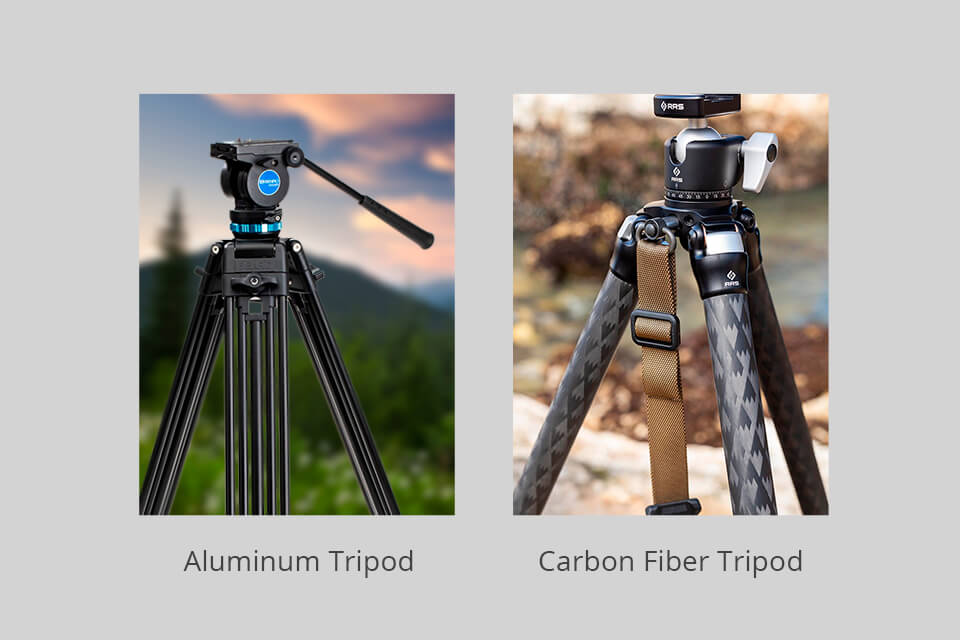
Aluminum is a worthy alternative to carbon. Although such tripods are slightly heavier (4+ pounds), they cost less. Currently, you can find a tripod under $100 in the market. The lightest tripod in our list is UBeesize 67”. It is made of aluminum.
Tripod legs. In catalogs of popular tripod brands, you can find models with two main types of legs. They are non-tubular and tubular variants.
A tubular form is standard for carbon fiber legs. The safety and stability of the structure are achieved by dint of a threaded twist-lock system. At the same time, steel, aluminum, and basalt tripods are available in a variety of shapes and have a flip-lock.
Typically, legs consist of three - five sections, depending on the maximum tripod height. The tripod for wildlife photography with a large number of sections loses stability.
Weight limit. You need to consider the weight of your camera for wildlife photography and the heaviest lens. Check whether a tripod can support the weight at least 1.5 times higher than these parameters. I prefer models capable of supporting the weight of around 2x more.
You should also consider the extra weight that comes when you rest your hands on the equipment when shooting with long lenses. Moreover, think about a flash and battery that you can add to your setup as well.
Head type. The head part is used for attaching cameras. To date, there are 4 main head types - gimbal, panoramic, ball, and pan & tilt.
Wildlife photographers usually opt for a ball head capable of fast movements. A panoramic head is a win-win option for landscape shots.
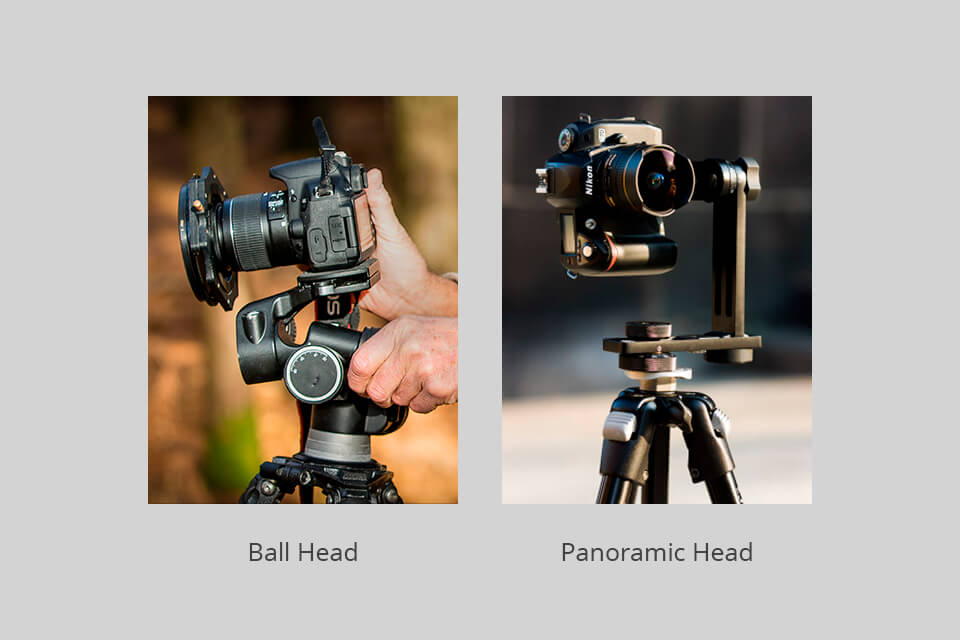
The pan and tilt heads are great if you want to switch from one shooting angle to the other in the quickest way possible. Geared tripod heads will fit the bill if you are going to use heavy cameras and long lenses. Some models can support up to 30 lbs. of gear.
Comparing carbon fiber vs aluminum tripods, you need to pay attention to shooting conditions and the way you transport your gear in the first place. Carbon fiber models are praised for their smaller weight. Moreover, they one-up aluminum counterparts when it comes to withstanding unfavorable weather impact. Aluminum tripods are heavier, thus they can better stabilize your equipment. Besides, their price is lower.
When you take wildlife photos, it may be very difficult to find a place with an even surface. Moreover, your tripod may slightly move due to strong wind. Fortunately, most modern tripods have a little hood under the central column. Fill a small bag with sand or stones, and attach it to that hook. This way, you can improve the stability of the entire setup.
Tripod ball heads are the most popular for their ease and speed of adjustment. They allow you to balance your camera in a few seconds. However, this type of head is more suitable for light equipment. Long telephoto lenses require a gimbal tripod head.